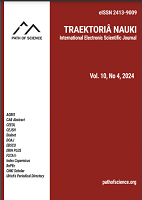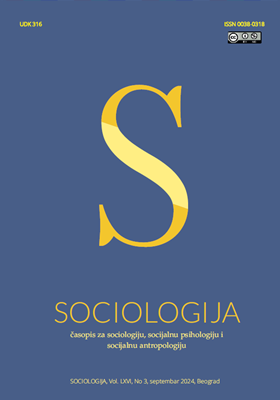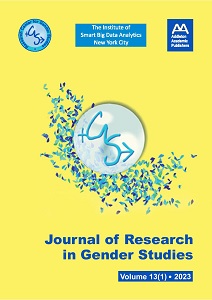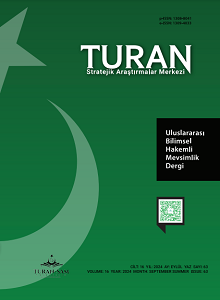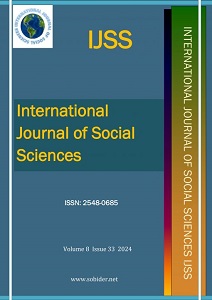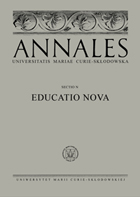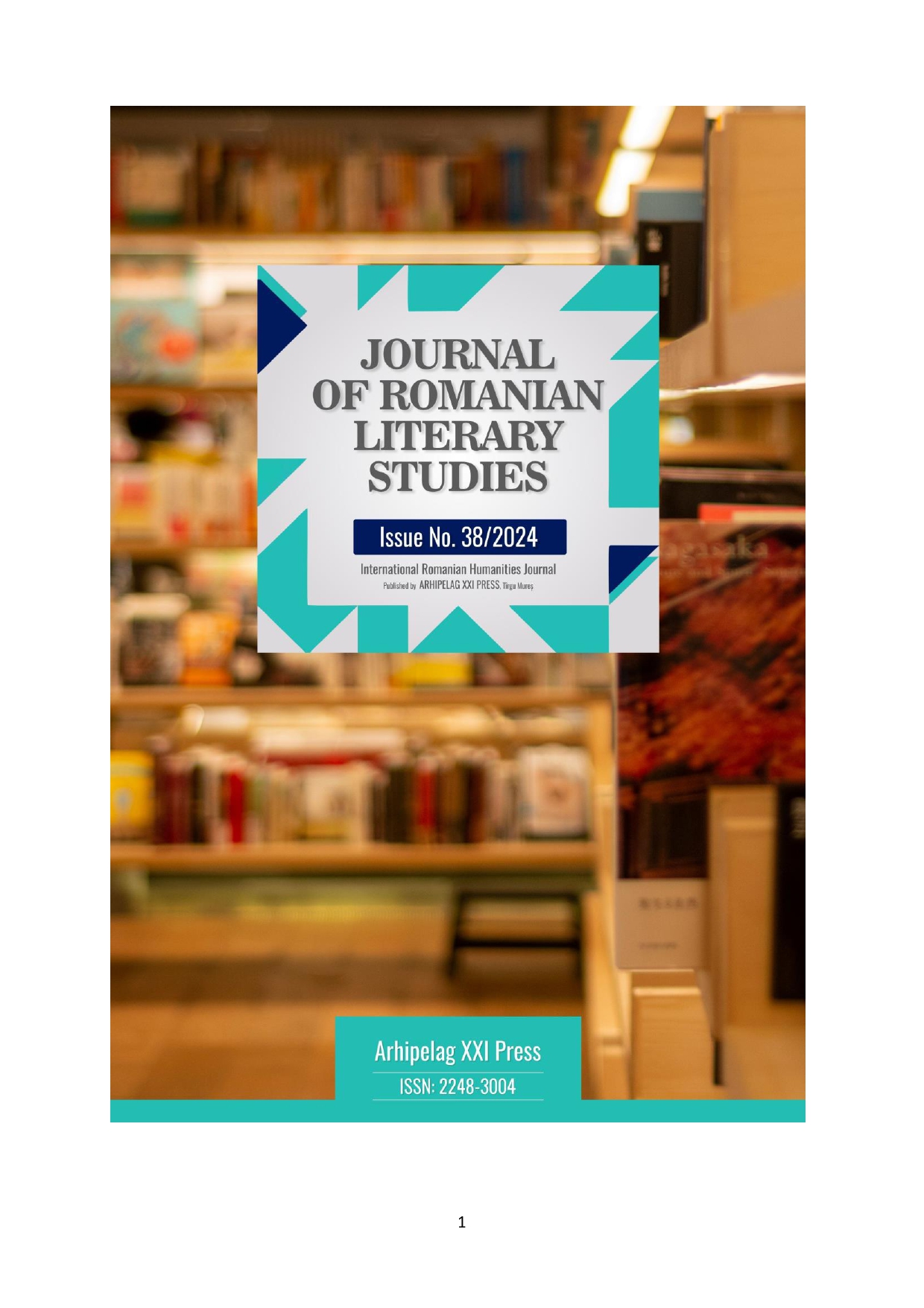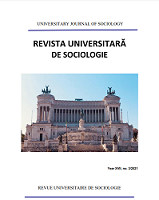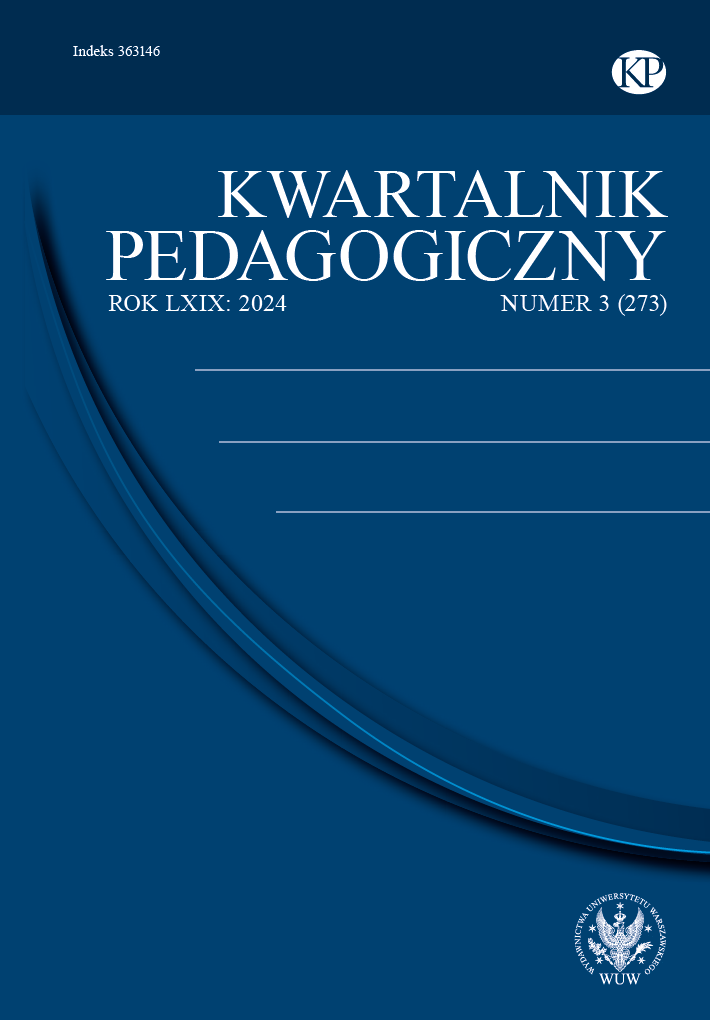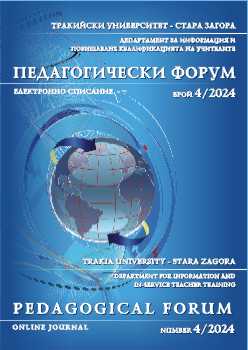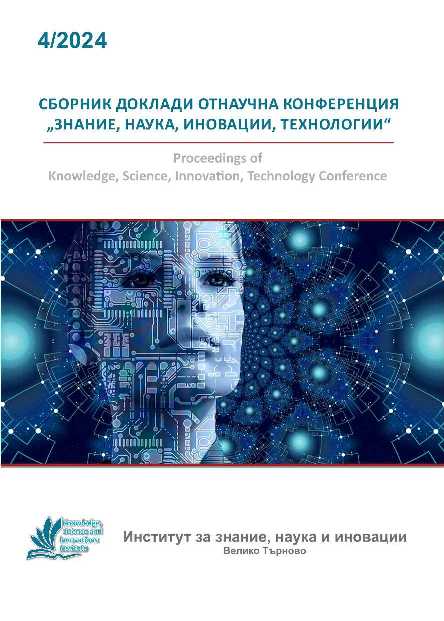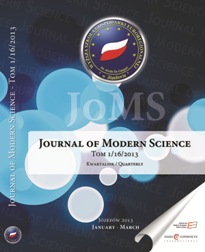
Nové „vízie“ rodiny na Slovnensku.
The study presents the issues of family, family education, current forms of family formation in Slovakia. The family is the basic educational environment for a child or teen‘s personality. The family will give the basics of morality, decency, social rules. Family is a place where parents set nets behavior, which comes to the growth of cultures and personalities of each company. The fact remains that the company would be today deal with more functionality than the family functions. There should be greater focus not only on learning of the population, but also for education. Because more and more we are faced with educated people who are rude but unfortunately. Universalitism and tradicionalitism are probably the two main characters of the family that still exist until now. Conservatism is often pushed concubines or even homosexual unions. Sakralitism families are often replaced by new forms of families, such as: single family or mingle. Azylytism is the hallmark of so-called. patchwork family. The work offers a contemporary look at the phenomenon of single, mingle and patchwork families, focusing on the situation in Slovakia and the EU. The data obtained are presented in tables. The conclusion of the study is devoted to the suggestions and recommendations for practice.
More...

